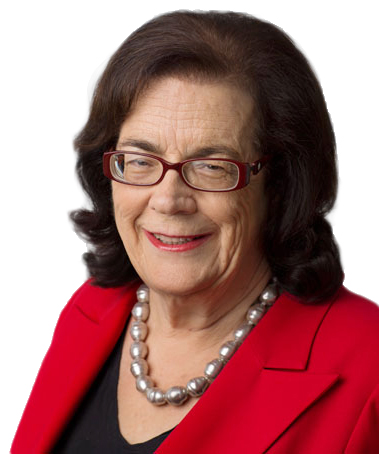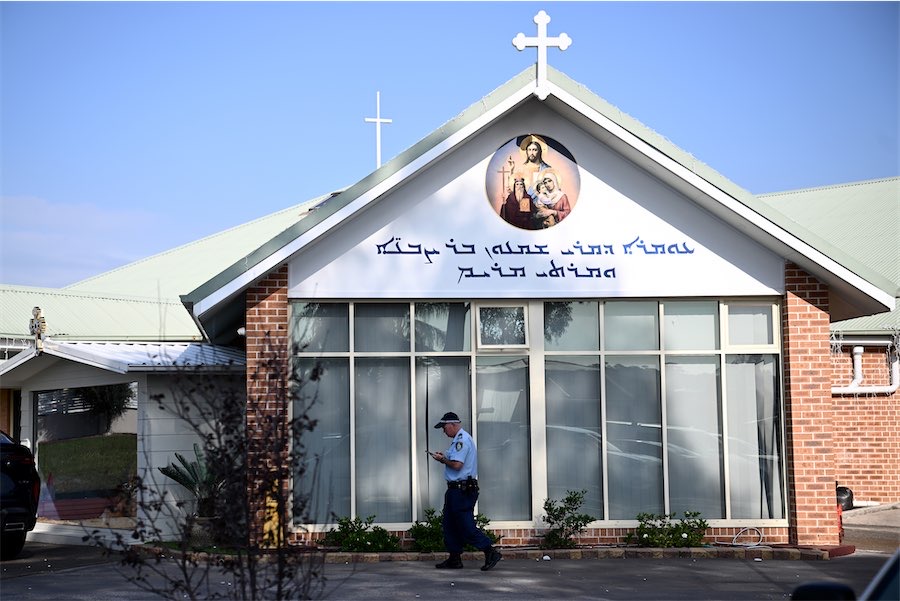NO one should be surprised that the Home Affairs department, with its ambitious minister Peter Dutton and his activist secretary, Mike Pezzullo, is feeling its oats. When Malcolm Turnbull granted Dutton his wish for a mega department, it was obvious how things would go.

The issue immediately at hand is whether Home Affairs can drag the Australian Signals Directorate – a defence-aligned organisation which spies electronically on foreign targets – into the fight against a broad range of crime in Australia.
As the head of ASD, Mike Burgess, succinctly put it in a draft note for Defence Minister Marise Payne, Home Affairs wants legislative change “to enable ASD to better support a range of Home Affairs priorities”.
The latest move, as documented in bureaucratic correspondence leaked last weekend – everyone assumes in order to blow up the proposal – came from Pezzullo. But Pezzullo was formalising a plan foreshadowed by Dutton as soon as he was sworn into the Home Affairs portfolio.
In December Fairfax reported Dutton saying that ASD would be used more in Australian investigations into terrorism, drug-smuggling, child exploitation and other cross-border crimes.
Put in the simplest terms, under the plan the Australian Federal Police, ASIO and similar agencies would collect the data, as they do now, while an empowered ASD could supply the technical capability to disrupt or prevent the crime online.
After publication of the leaked correspondence in the Sunday Telegraph, headlined “Secret plan to spy on Aussies”, Pezzullo, Defence Department secretary Greg Moriarty, and Burgess issued an opaque statement that, when you cut through the bureaucratise, indicated the option for a wider use of ASD was on the table.
Meanwhile Bishop told reporters “there is no plan for the government to extend the powers of the Australian Signals Directorate so that it could collect intelligence against Australians or covertly access private data”.
That would appear to be true, but it is also true Dutton had already flagged publicly a proposal to expand ASD’s remit, and the Burgess draft note clearly stated that the Home Affairs department had advised it was briefing its minister to write to the Defence Minister.
The fine distinction between expanding ASD powers but it not collecting intelligence on Australians is where the confusion lies, and that will need to be carefully laid out.
Bishop and Dutton have a record as sparring partners. The two ministers contrast in style but both are tough operators who don’t take a backward step. This is the second matter on which they’ve recently clashed – the other was Dutton’s desire to bring in white South African farmers on the basis they were subject to “persecution”.
Dutton, announcing this week AFP deputy commissioner Karl Kent as the first Transnational Serious and Organised Crime Coordinator within Home Affairs, told a news conference that the capacities of various agencies had to be looked at “including obviously … the capacity of ASD”.
Dutton stressed any change would have safeguards. “As for some claim that there’s going to be some spying taking place on Australian citizens, it’s complete nonsense,” he said.
“If there was to be any look at ways in which we could try and address the cyber threat more effectively, it would be accompanied by the usual protections, including warrant powers”, ticked off by the attorney-general or the justice system.
Defending his position on Thursday, Dutton talked about child exploitation, a guaranteed hot button, pointing out that people were conveying “images of sexual acts against children in live-streaming on the internet.
“We’ve got to deal with that threat. We have the ability, potentially, to disrupt some of those servers. At the moment the ASD … could disrupt that server if it was in operation offshore, but not if it was operating out of Sydney or Melbourne,” he said.
It is believed that Defence is unimpressed with the move on ASD, from July 1 a statutory agency but traditionally in its bailiwick. But it is Bishop who is most obviously taking the issue on, even though her portfolio is not directly involved.
For Bishop, the exercise has flouted the manner in which such a major bid for change should be handled, leaving most ministers blindsided.
Home Affairs’ case receives some support from a recent submission to the parliamentary joint committee on law enforcement by David Irvine, former head of ASIO and now chairman of the Cyber Security Research Centre, a body set up to promote industry investment in cyber security research.
Irvine writes: “Both national security threats and criminal activity exploit the internet in similar ways. Both need to be countered or managed using similar investigative tools and techniques.”
“Australia’s national capacity to counter threats and criminal activity using cyber investigative tools is relatively under-developed, uncoordinated and fragmented”, making it “difficult for agencies to cope with the pace of technical change,” he says.
Irvine argues for a new body to provide “expert technical cyber investigative services in support of law enforcement and national security investigations”, done by Commonwealth and state agencies.
He says such a body might fall within Home Affairs “but it would depend extensively upon the offensive and defensive cyber operational skills of the Australian Signals Directorate, and its offshoot the Australian Cyber Security Centre”.
The tug of war over ASD may have some way to run but with cyber risks becoming an increasing preoccupation, at this stage Dutton and Pezzullo appear to have a head start. It is now a question of where Malcolm Turnbull will come down. It is hard to see him saying no to Dutton.
But the implications of any extension of ASD’s remit should be fully debated sooner rather than later. As the Inspector-General of Intelligence and Security Margaret Stone wroteearlier this year, a change to ASD’s “focus for its covert or intrusive intelligence related activities to people and organisations inside Australia would be a profound one”.
The pros and cons of the Dutton bid need a lot of public airing before the government reaches a conclusion, rather than that conclusion being presented as a fait accompli.
Michelle Grattan is a professorial fellow at the University of Canberra. This article was originally published on The Conversation.
Who can be trusted?
In a world of spin and confusion, there’s never been a more important time to support independent journalism in Canberra.
If you trust our work online and want to enforce the power of independent voices, I invite you to make a small contribution.
Every dollar of support is invested back into our journalism to help keep citynews.com.au strong and free.
Thank you,
Ian Meikle, editor




Leave a Reply